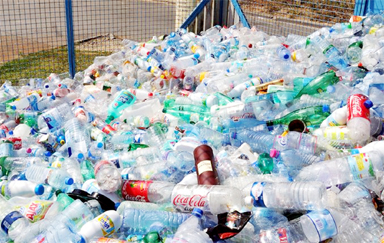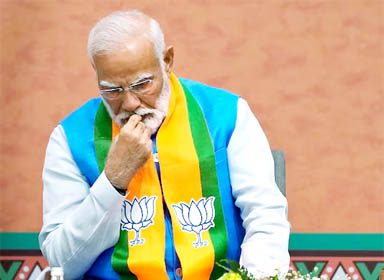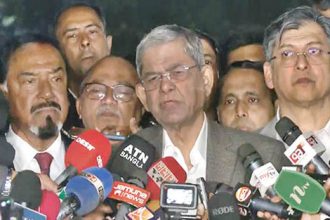DE Online Desk
Bangladesh needs a systemic shift towards a circular economy to enhance its plastic goods exports, given the growing emphasis from foreign buyers on recycling and environmentally friendly products, said experts and entrepreneurs in the sector on Tuesday.
“We are facing problems exporting goods as buyers’ requirements are changing. As part of sustainability, foreign buyers are moving to purchase recycled goods,” said Anwar Hossain, general manager (International Marketing) of Bengal Group of Industries, during a seminar, titled “CE to Enhance the Export Possibilities of Plastic Goods.” The circular economy refers to systematic approaches aimed at maintaining a circular flow of resources by recovering, retaining, or adding value to them, all the while contributing to sustainable development.
With the aim of addressing issues and strategies for Bangladesh to export plastic products to the UK and Europe, the Bangladesh Plastic Goods Manufacturers and Exporters Association (BPGMEA) and the British Standards Institution (BSI) jointly organised the seminar at Paltan Tower, Dhaka.
“We need a systemic transformation to achieve the transition to a circular economy. The global economy is currently only 7.2% circular, and it’s worsening year by year due to rising material extraction and use,” remarked Jane Gilbert, a circular economy expert at BSI, in a keynote presentation on the subject.
“The plastics industry shows promise with significant growth potential in the domestic market and an opportunity to capture a share in the global market. After LDC graduation in 2026, Bangladesh will need to adopt international standards for goods and services to enhance exports,” she added.
In his comments, BPGMEA President Shamim Ahmed noted, “To excel in exporting plastic goods, we must adopt a circular economy approach. The leather industry’s exports suffered a decline due to non-compliance. If we fail to implement circular economy practices, we may encounter a similar fate.”
He continued, “To minimise plastic usage, innovation and proper plastic management are essential. Investment and infrastructural development are necessary for effective waste management.”
Ahmed added, “Currently, Bangladesh recycles 37% of mismanaged plastic. We aim to further strengthen the recycling process.”
In expanding the circular economy, Shamim Ahmed emphasised increasing competition, taking new market opportunities, expanding products, securing resource sources, and increasing reputation.
Syed Anwar Hossain, project manager at the UK-Bangladesh Standards Partnership Initiative, delivered a presentation on Standards Partnership Bangladesh.
The seminar was conducted by BPGMEA Secretary General Narayan Chandra Dey, while BPGMEA Senior Vice President KM Iqbal Hossain, Senior Assistant Secretary of the Industries Ministry Md Salim Ullah, Joint Secretary at the Commerce Ministry Abdur Rahman, and Salahuddin Shikder from PRAN-RFL Group spoke on the occasion.
BD must adopt circular economy approach to boost plastic goods exports: Experts

Leave a comment








